
The Scope of Learning & Development for Skilled Manpower in Apparel Industry
In the dynamic landscape of the apparel industry, where trends evolve rapidly and consumer demands constantly shift, the significance of skilled manpower cannot be overstated. The ability to adapt to new technologies, innovate production processes, and maintain quality standards requires a workforce that is not only competent but also continually developing. This is where the […]
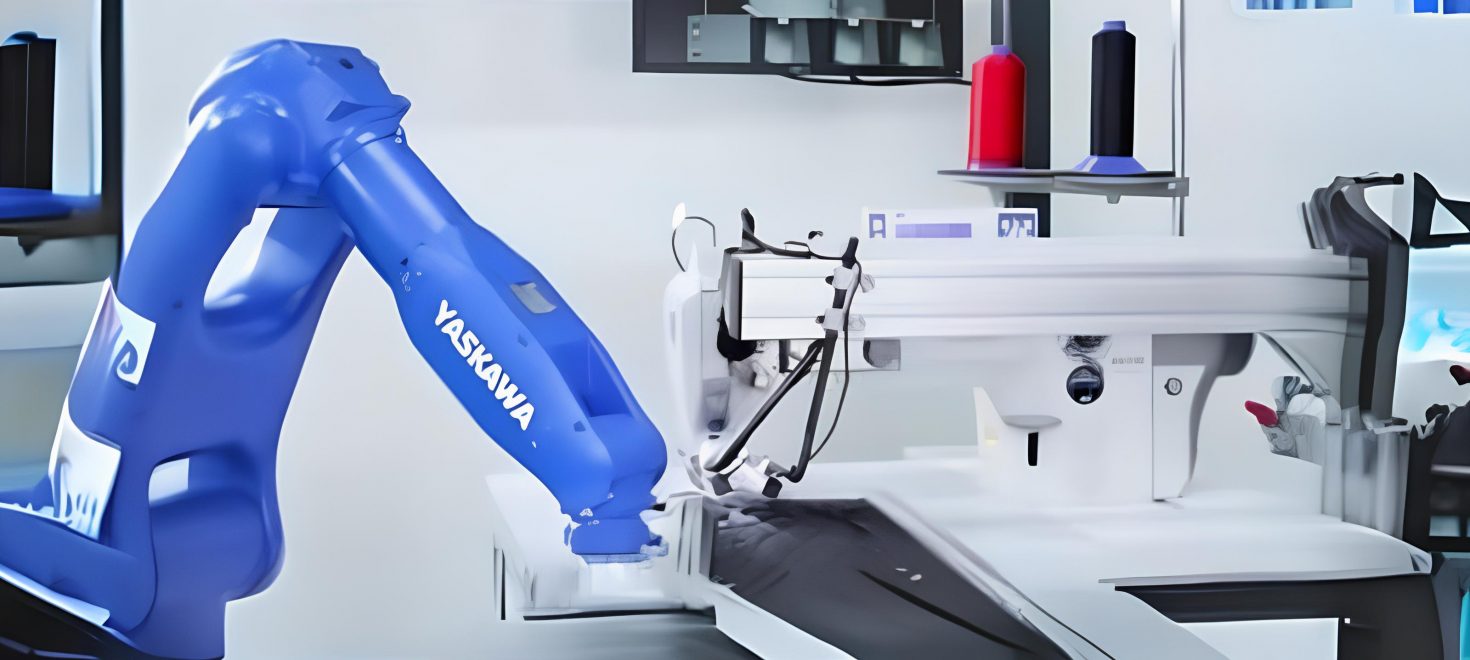
The 4th Industrial Revolution: How AI is Transforming Ready-Made Garments Sector of Bangladesh
Introduction Bangladesh’s ready-made garment (RMG) sector has been a cornerstone of its economy, significantly contributing to the GDP’s growth, job creation, and export revenue. With the ongoing advancements in technology, artificial intelligence (AI) is poised to revolutionize various aspects of this industry, from supply chain management to communication and manufacturing efficiency. AI in Production and Supply Chain […]
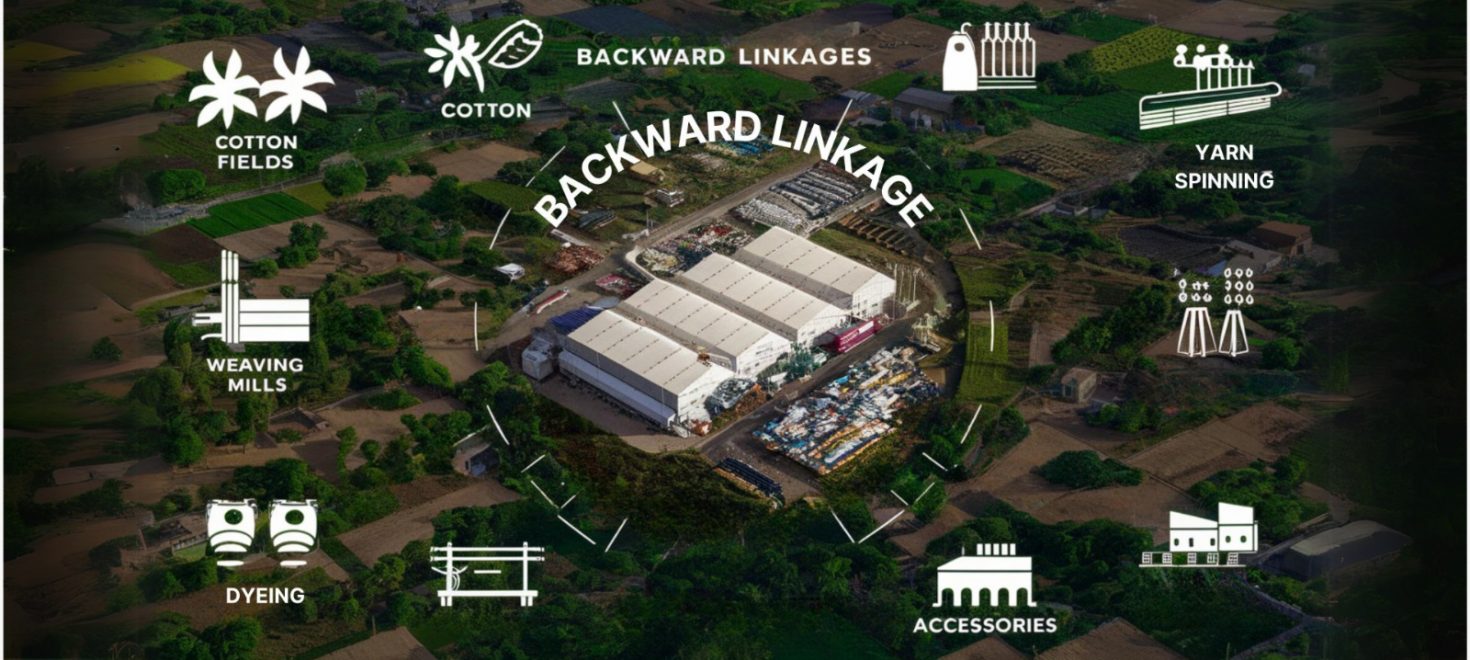
Backward Linkage in Bangladesh
Introduction Bangladesh’s garment manufacturing industry stands as a true economic powerhouse. It’s the second-largest apparel exporter globally, boasting a staggering $84 billion in exports for 2023 (BTMA, 2024). This remarkable achievement can be attributed to a combination of factors, but one often-overlooked element is the crucial role of backward linkages. Imagine the garment industry as […]

Opportunities in Plant-Based Proteins
Agricultural production and food supply are facing unprecedented pressures. Decreasing per-capita arable land and extreme weather conditions are adversely impacting agricultural output. Disruptions in food supply chains, including pandemics and wars, exacerbate the existing stress placed on the global food system. A growing population, rapid urbanization, and changing consumption patterns will continue to increase pressure […]
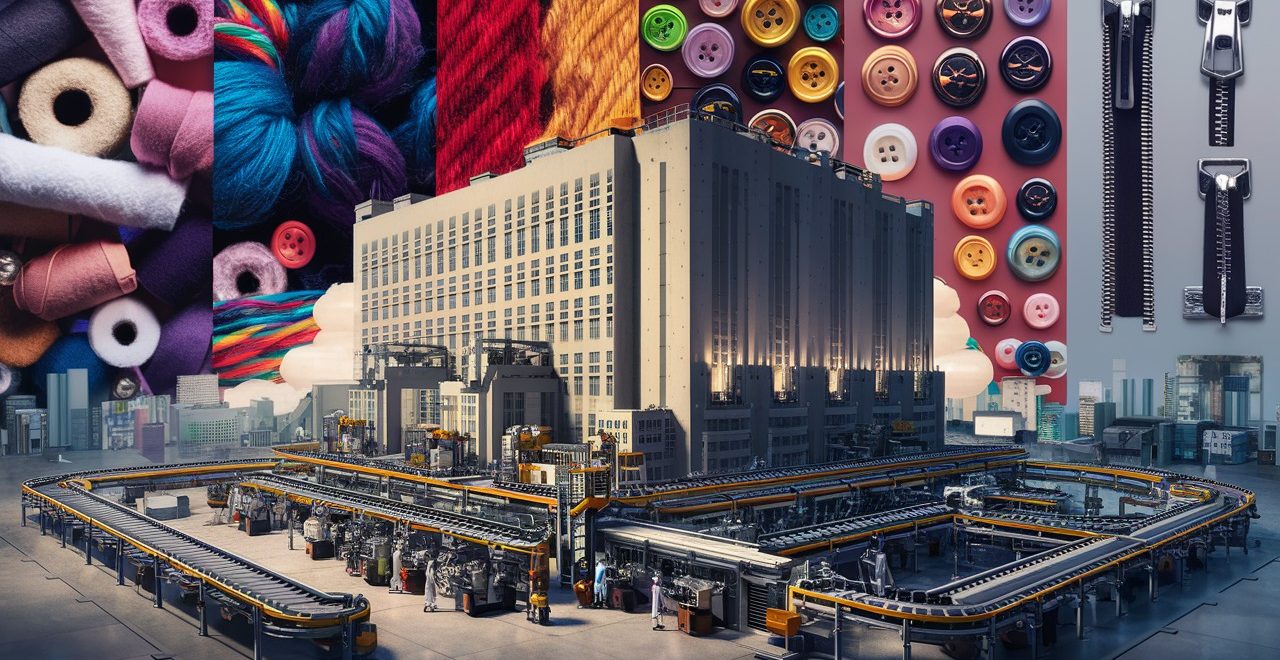
Backward Linkage in Vietnam
Introduction Vietnam’s garment industry has undergone a remarkable transformation in recent decades, emerging as a global powerhouse. Driven by factors like low labor costs and strategic free trade agreements (FTAs) (Vietnam Briefing, 2023), Vietnam has become a garment export leader. The sector boasts a workforce exceeding 3 million and contributes significantly to the national economy. […]
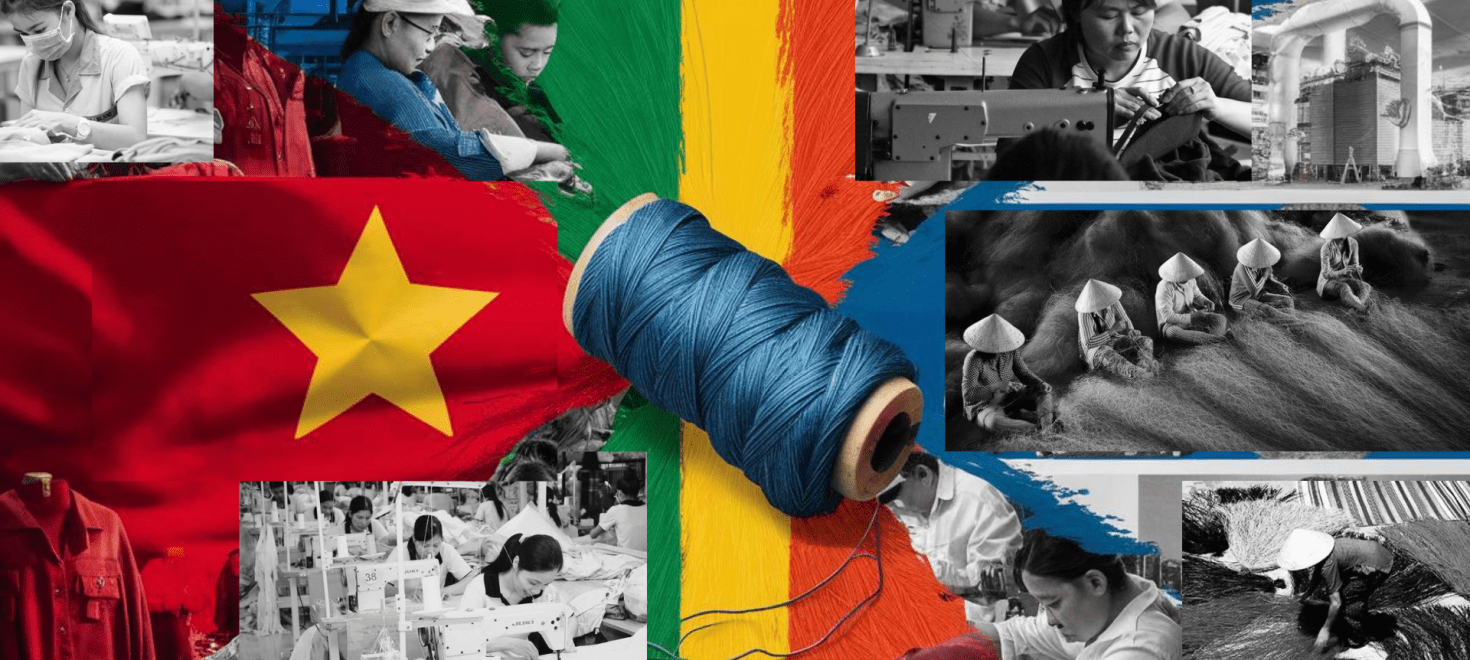
Strengthening Vietnam’s GMT Sector through Capacity Building
Vision 2030 for Vietnam GMT Sector $100 billion Vietnam’s $100 billion garment sector is on a promising trajectory, set to reach this ambitious milestone by 2030 according to VietnamCredit. McKinsey emphasizes the sector’s potential for sustainable growth, aligning with Vietnam’s net-zero goals. The digitalization drive, as outlined in VietnamNet, will further enhance efficiency and competitiveness. […]
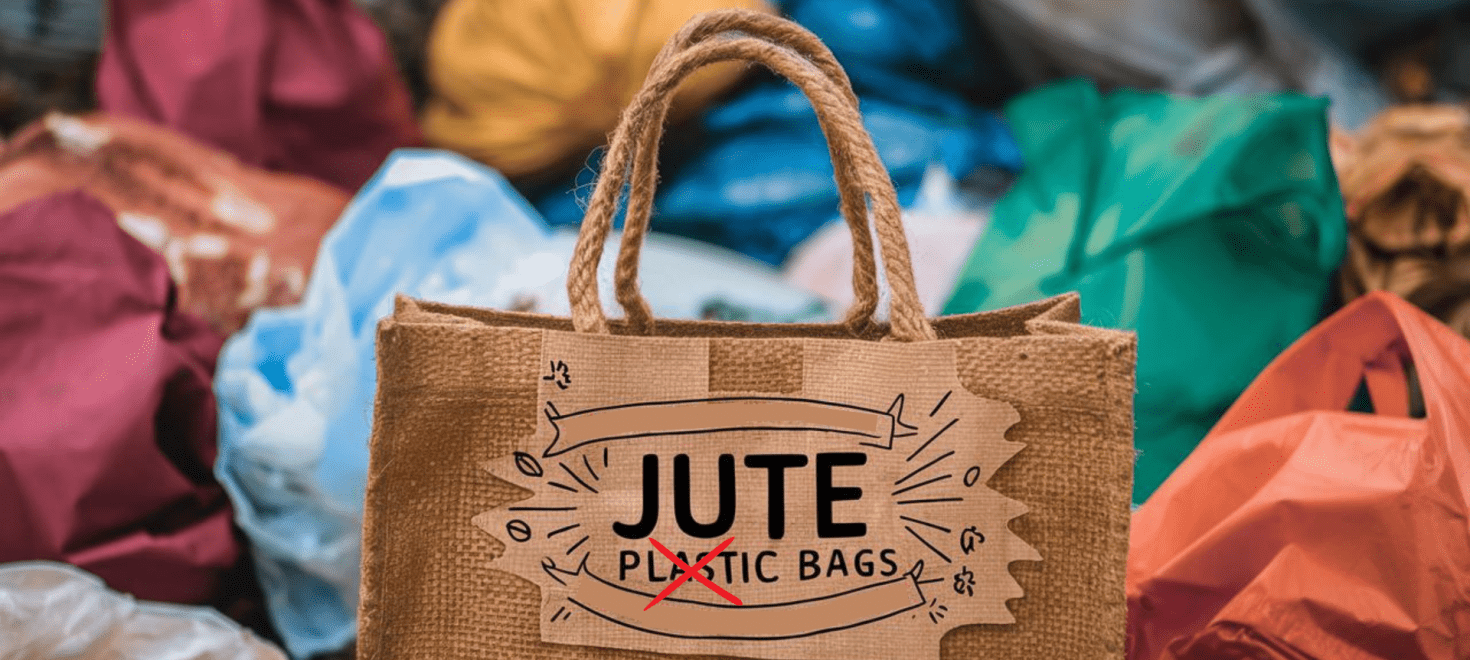
Jute: From Humble Plant to Eco-Warrior
Imagine a world where grocery bags and packaging materials disintegrate harmlessly after use, leaving no trace behind. This eco-friendly vision is becoming a reality in Bangladesh, thanks to a remarkable natural fiber called jute. Jute, also known as “Golden Fiber,” is a fast-growing plant native to South Asia. Its strong, versatile fibers have been used […]

Nature’s New Band-Aid: How Banana Fibers Are Revolutionizing Wound Healing
Introduction In the field of medical care, the materials used for wound dressings are crucial for proper healing and protection. Traditional dressings made from synthetic materials can lead to allergic reactions, environmental issues, and high costs. Therefore, researchers are seeking natural and sustainable alternatives. One such promising innovation is wound dressing tape made from banana […]
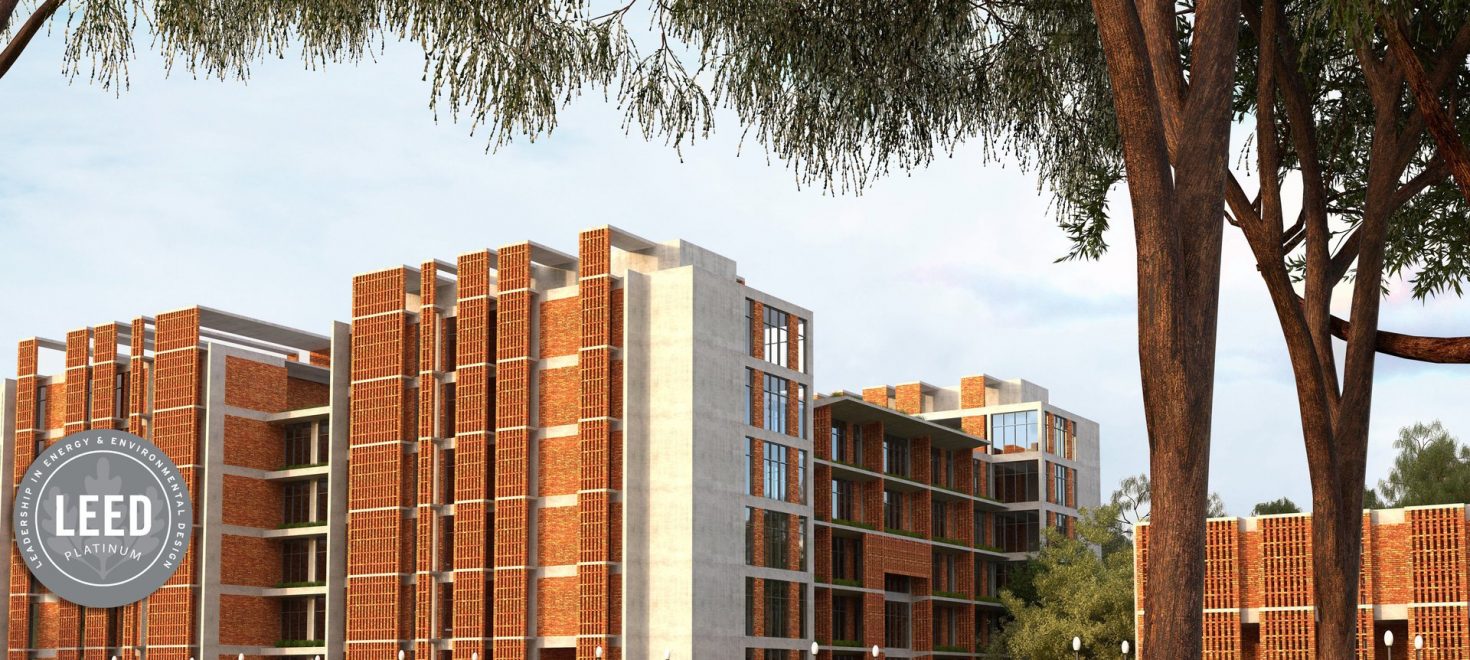
The significance of a LEED Platinum-Certified Green Building in the RMG Sector
I recently had the chance to visit a clothing factory in Bangladesh. This factory is noteworthy because it’s certified as a LEED Platinum green building. Being LEED Platinum-certified means it’s super environmentally friendly. You see, the fashion industry is one of the big reasons our air, water, and environment get polluted. That’s where green buildings […]
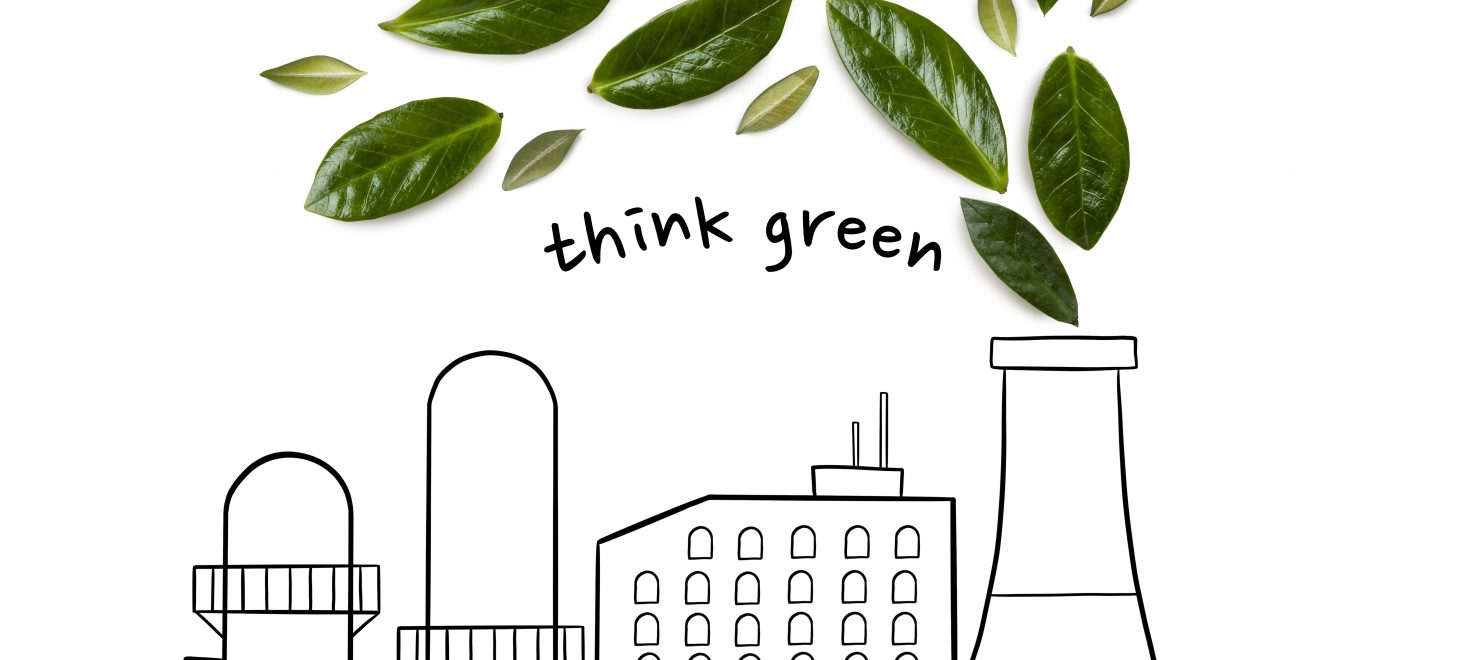
Reducing Footprints, Increasing Profits: Carbon Credits in RMG Factories
Climate change is a pressing issue that affects industries worldwide, including the Ready-Made Garments (RMG) sector. As the world shifts towards sustainable practices, RMG factories are exploring various avenues to reduce their carbon footprint. One such solution gaining traction is the utilization of carbon credits. In this article, we delve into the benefits of carbon […]
